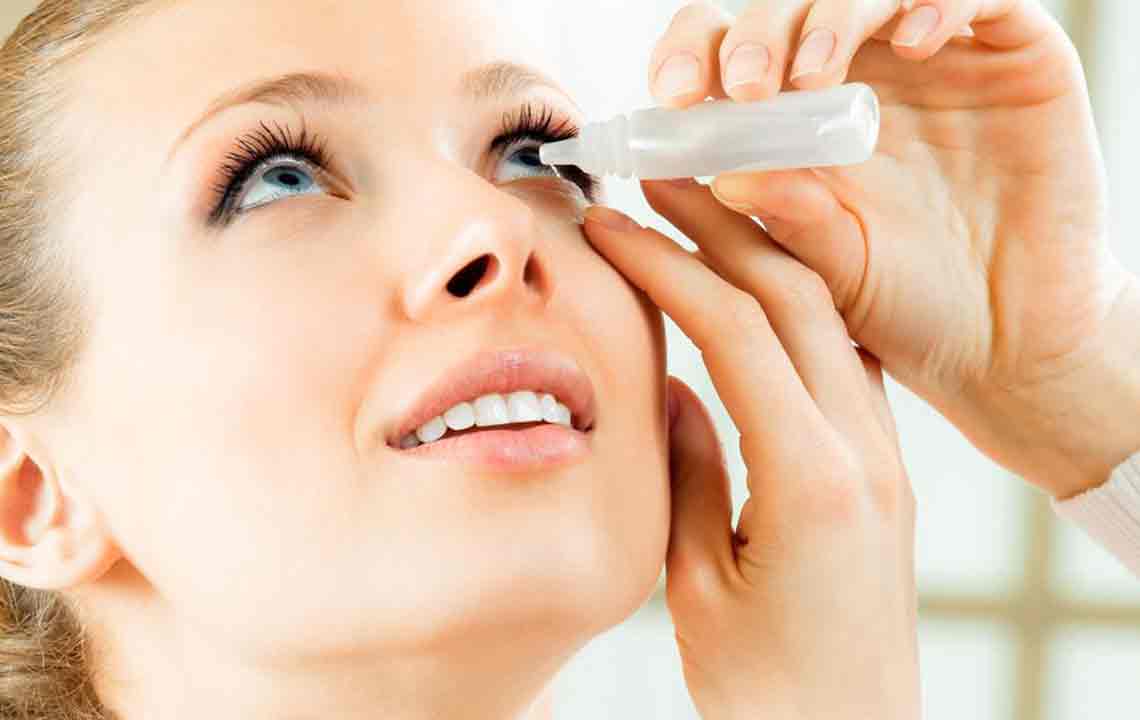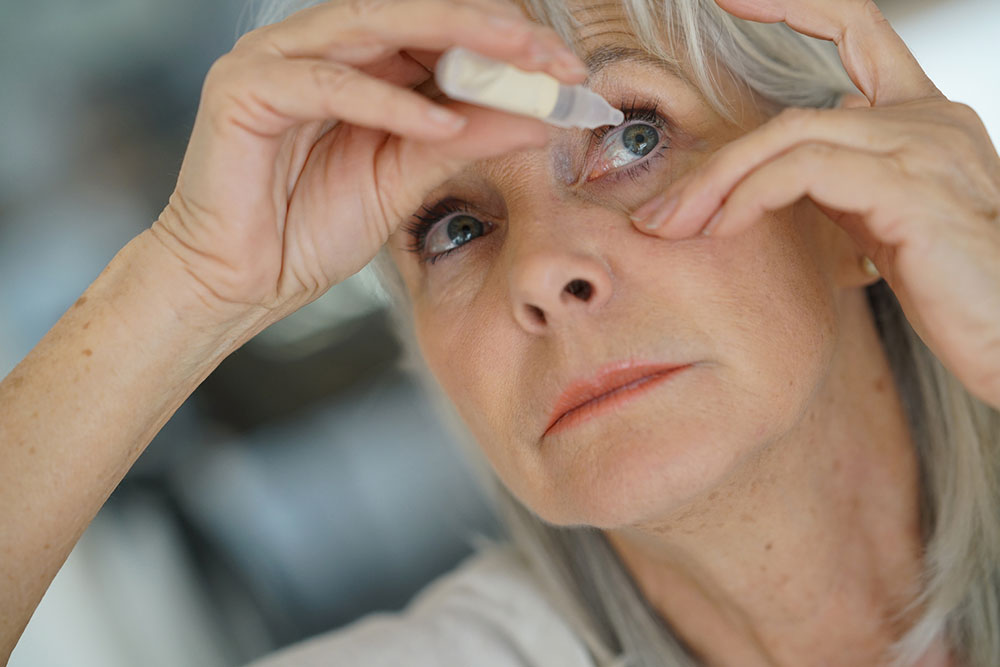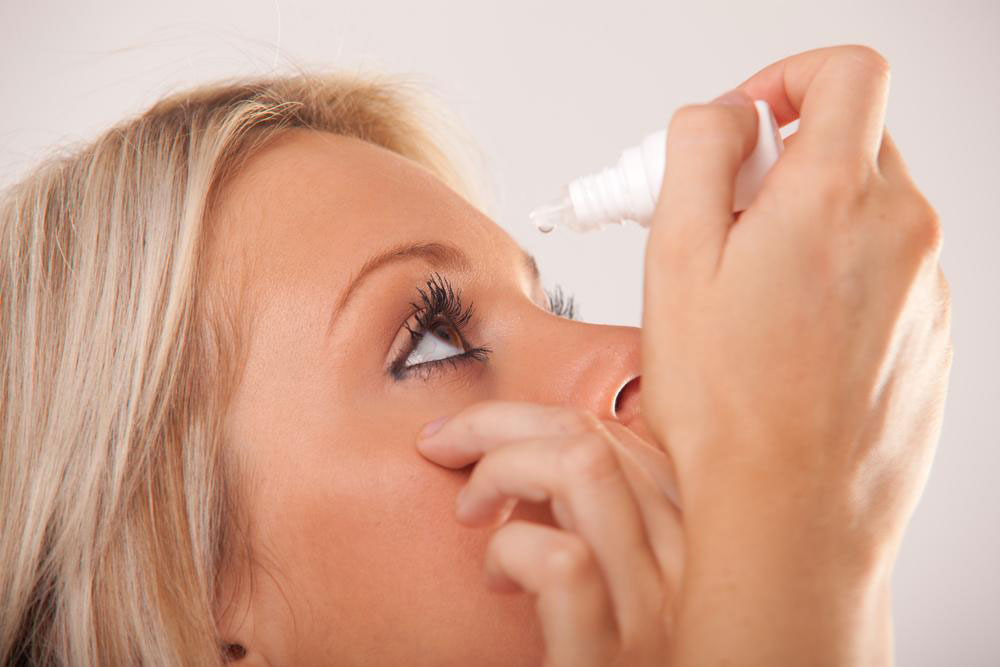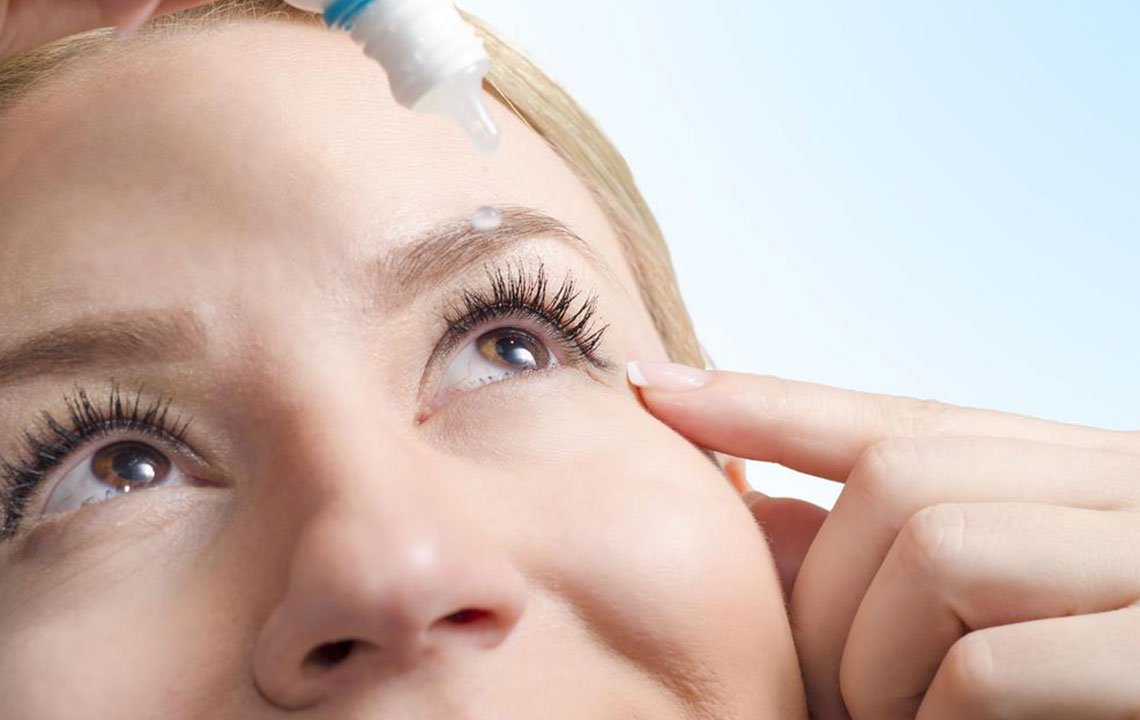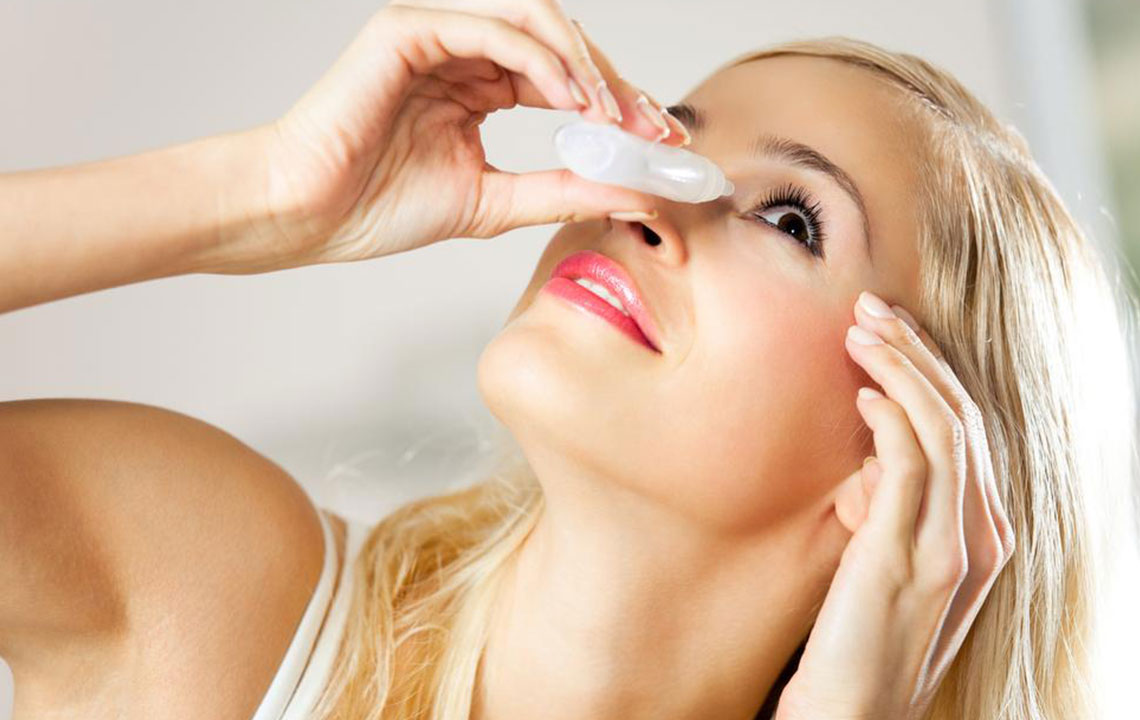Understanding the Causes of Dry Eyes and Effective Treatment Strategies
Discover the main causes of dry eyes, including aging, environmental factors, and medical conditions. Explore effective treatments such as eye drops, nutritional supplements, and surgical options. Early consultation with professionals is vital for management and relief.
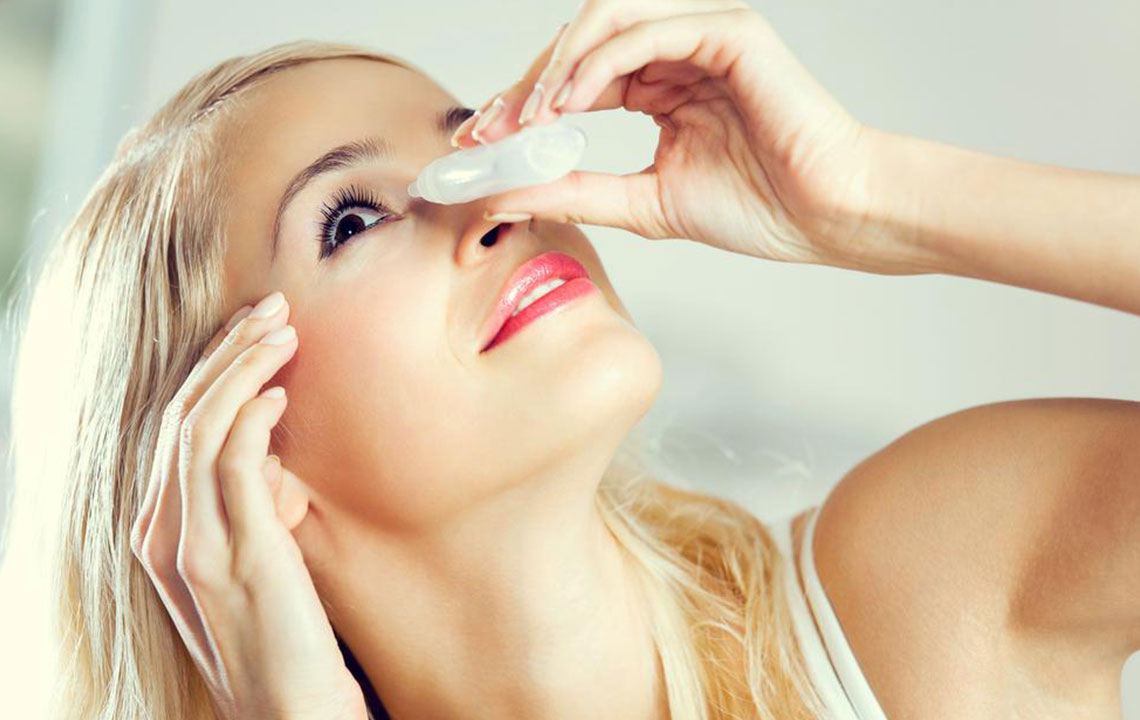
Understanding the Causes of Dry Eyes and Effective Treatment Strategies
Tears consist of a combination of oils, water, and mucus, essential for maintaining a smooth, clear surface on the eyes and preventing infections. As people age, tear production often declines due to hormonal shifts, especially after menopause in women. Dry eyes, medically known as keratoconjunctivitis sicca, can result from aging, medical conditions such as diabetes, autoimmune disorders, or vitamin A deficiency. Common causes include medication side effects, environmental factors like wind and dry air, eyelid abnormalities, contact lens use, and allergies.
Damage to tear-producing glands or temporary surgical procedures like laser eye surgery may also contribute. Additionally, nerve damage from diabetic polyneuropathy can reduce blinking and tear production, aggravating dryness. Recognizing symptoms early and consulting eye care professionals can lead to effective treatment options, including eye drops, lifestyle changes, and medical interventions.
Common causes of dry eyes encompass aging, hormonal changes, medications like antihistamines, autoimmune diseases such as Sjogren’s syndrome, environmental factors including wind and indoor heating, and contact lens wear. Certain medical conditions, nerve damages, and allergies can also lead to dry eye symptoms. Treatment strategies range from over-the-counter artificial tears and prescription medications to surgical options like punctal plugs. Incorporating omega-3 fatty acids and using preservative-free eye drops can also provide relief. Early diagnosis and professional guidance are key to managing this condition effectively.
Note:
Our blog offers helpful information across various topics, but it shouldn't replace professional medical advice. Always consult an eye care specialist for personalized diagnosis and treatment options. The site may not include all available schemes or offers that could benefit readers.

